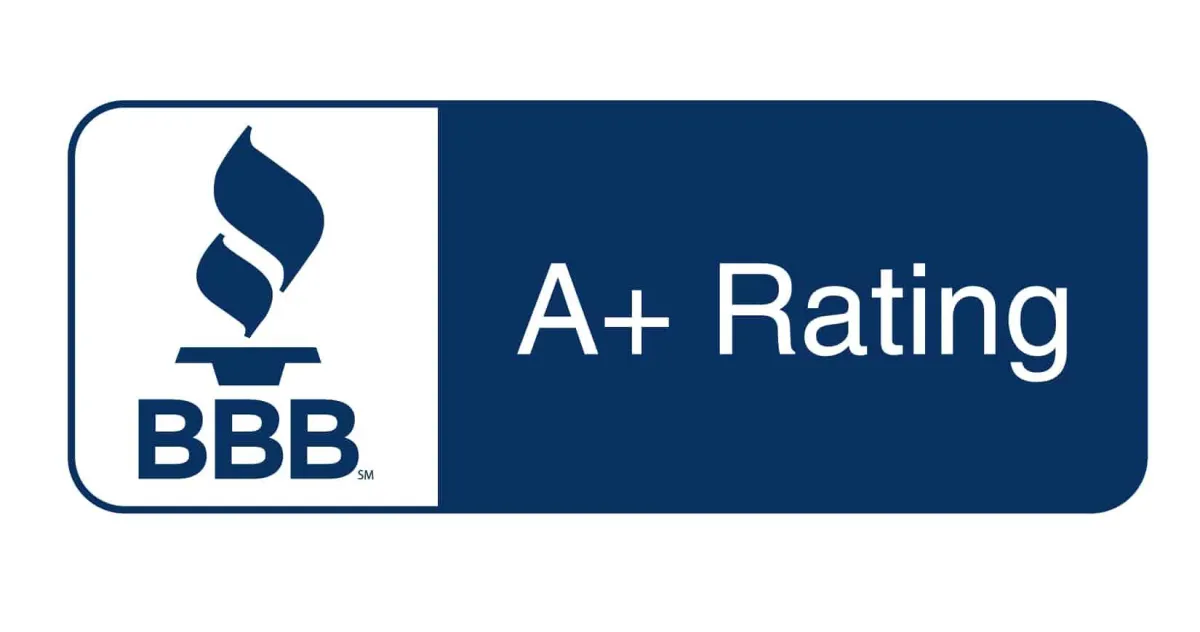
Home was Remodeled Without Permits
My home was remodeled without permits. What does that mean?
It means that the previous owner or contractor performed construction work or made additions/alterations to the property without obtaining the necessary building permits from the city.
Here are the critical implications:
Code Violations: The City of Los Angeles considers unpermitted work a code violation because it circumvents the required inspections and approvals to ensure the work meets building codes and safety standards.
Potential Safety Issues: Without proper permits and inspections, there is no guarantee that the remodeling work was done correctly or up to code, which could pose potential safety hazards, such as electrical or structural issues.
Difficulty Selling or Refinancing: Lenders and buyers may be hesitant to finance or purchase a property with unpermitted work, as it raises concerns about the quality and legality of the construction. This could make it challenging to sell or refinance the home.
Fines and Penalties: The City of Los Angeles can issue fines, penalties, and orders to comply if they discover unpermitted work on your property. Failure to address the violations can escalate fines and potential legal action.
Insurance Issues: Some insurance companies may refuse coverage or deny claims related to unpermitted work, as it is considered a code violation.
What are the consequences of not addressing unpermitted work?
Fines and Penalties: Local authorities can impose escalating fines and monetary penalties for each day the unpermitted work remains uncorrected after the specified deadline. These fines can quickly accumulate into substantial amounts.
Legal Action: The city or municipality can initiate legal proceedings against the homeowner, such as filing a criminal complaint or seeking a court order to force compliance with code violations. This can result in additional legal fees and potential criminal charges.
Forced Compliance: Suppose the homeowner continues to ignore the violations. In that case, the city can obtain a court order to forcibly enter the property, correct the unpermitted work themselves, and then bill the homeowner for the cost of the work, plus additional fines and fees.
Utility Shutoff: In severe cases, the city may shut off utilities to the property, such as water or electricity, until the unpermitted work is corrected and brought into compliance.
Difficulty Selling or Refinancing: Unpermitted work can raise red flags during property inspections and appraisals, potentially jeopardizing the ability to sell or refinance the home due to safety, value, and liability concerns.
Insurance Issues: Some insurance companies may refuse coverage or deny claims related to unpermitted work, as it is considered a code violation.
Demolition or Removal: In extreme cases, the city may require the demolition or removal of unpermitted structures or additions that cannot be brought into compliance with building codes.
It's crucial to take unpermitted work seriously and address the cited issues promptly to avoid escalating penalties, legal troubles, and potentially costly remediation efforts imposed by the local authorities.
How do I resolve the unpermitted work at home?
Disclose the Unpermitted Work - As the homeowner, you must disclose any known unpermitted work to potential buyers. Please do so to avoid legal repercussions and liability issues
Obtain Necessary Permits and Approvals - Contact your local building department or municipality to learn how to obtain retroactive permits for unpermitted work. This typically involves submitting plans, paying fees, and having the work inspected to ensure it meets current building codes and safety standards.
Make Necessary Corrections or Modifications - Depending on the extent and nature of the unpermitted work, you may need to make corrections or modifications to bring it into compliance with local codes. This could involve hiring licensed contractors to repair, remove unauthorized additions, or bring the work up to code requirements.
Consider Selling "As-Is" with Disclosure - If obtaining permits and correcting the work is not financially feasible, you can disclose the unpermitted work to potential buyers and sell the house "as-is." Buyers will then be aware of the issues and can decide whether to proceed with the purchase and address the unpermitted work themselves.
Negotiate with Buyers - Another option is to negotiate with potential buyers, offering to cover the costs of correcting the unpermitted work as part of the sale agreement. This can make the property more appealing to buyers who might otherwise be deterred by the prospect of dealing with unpermitted work themselves.
Adjust the Asking Price - Suppose you choose to only correct the unpermitted work after selling. In that case, you may need to adjust your asking price to reflect the necessary repairs or renovations that buyers must undertake after the purchase.
Addressing unpermitted work proactively is crucial to avoiding legal issues, safety concerns, and potential financing challenges for buyers.


